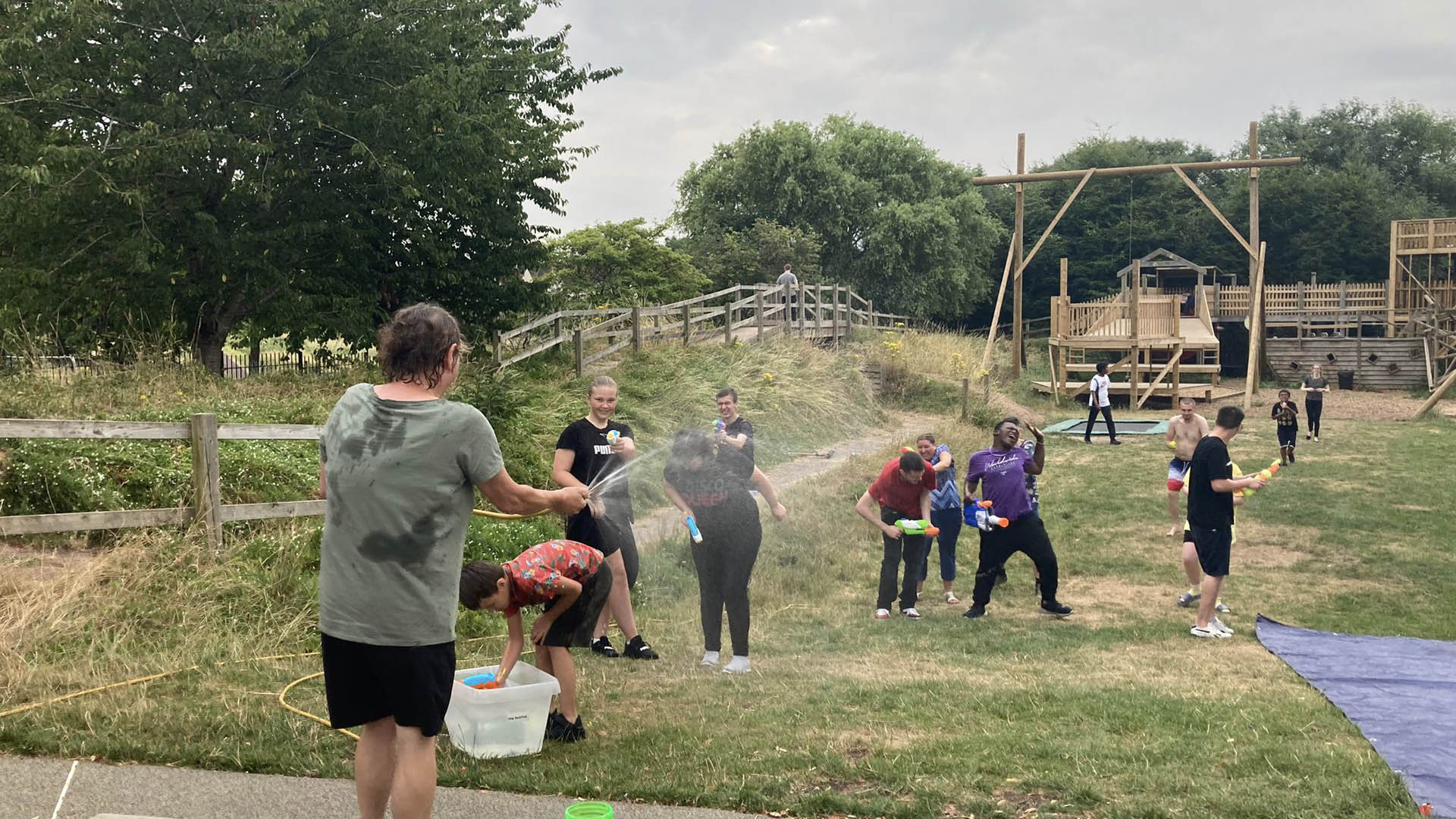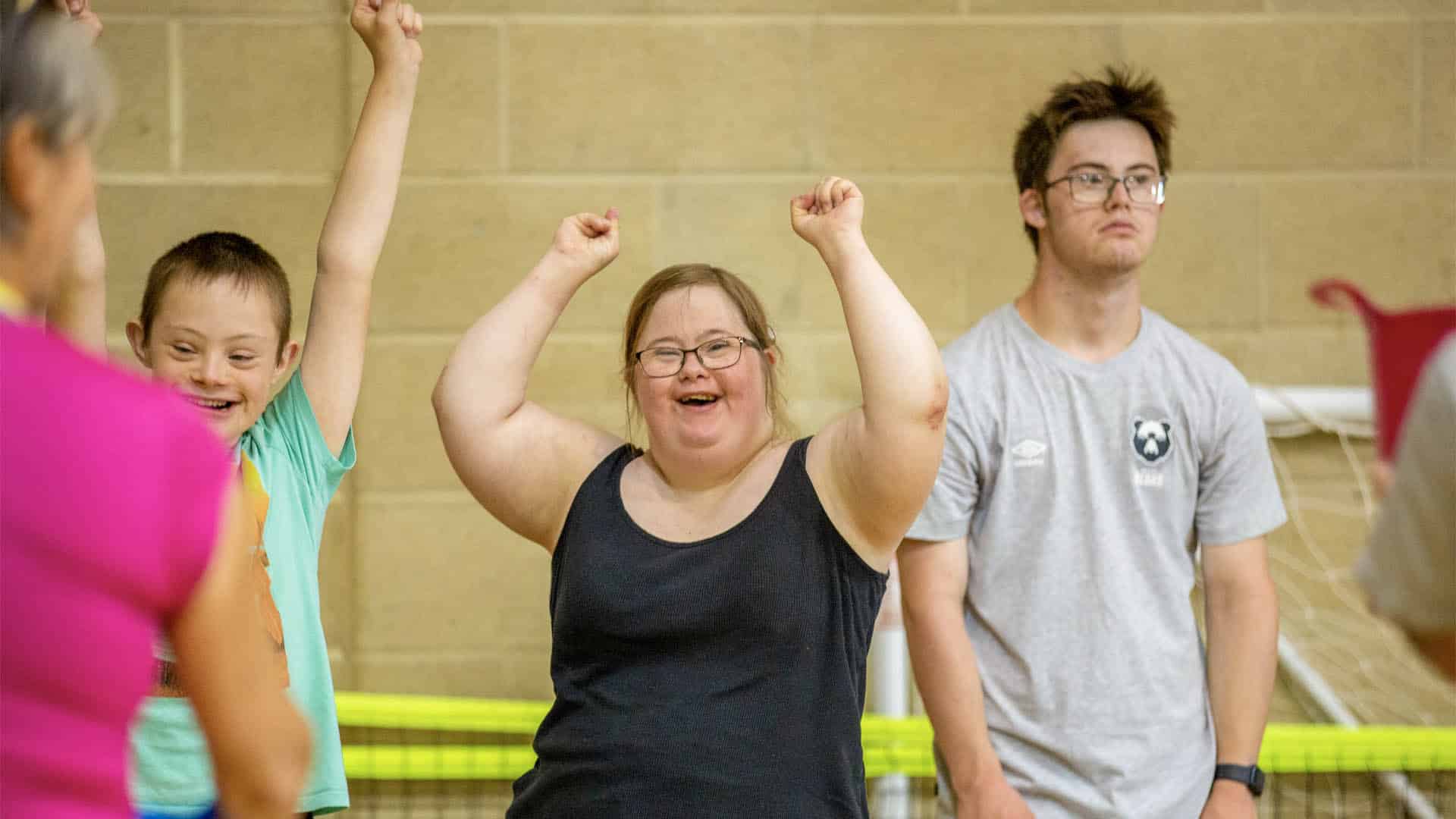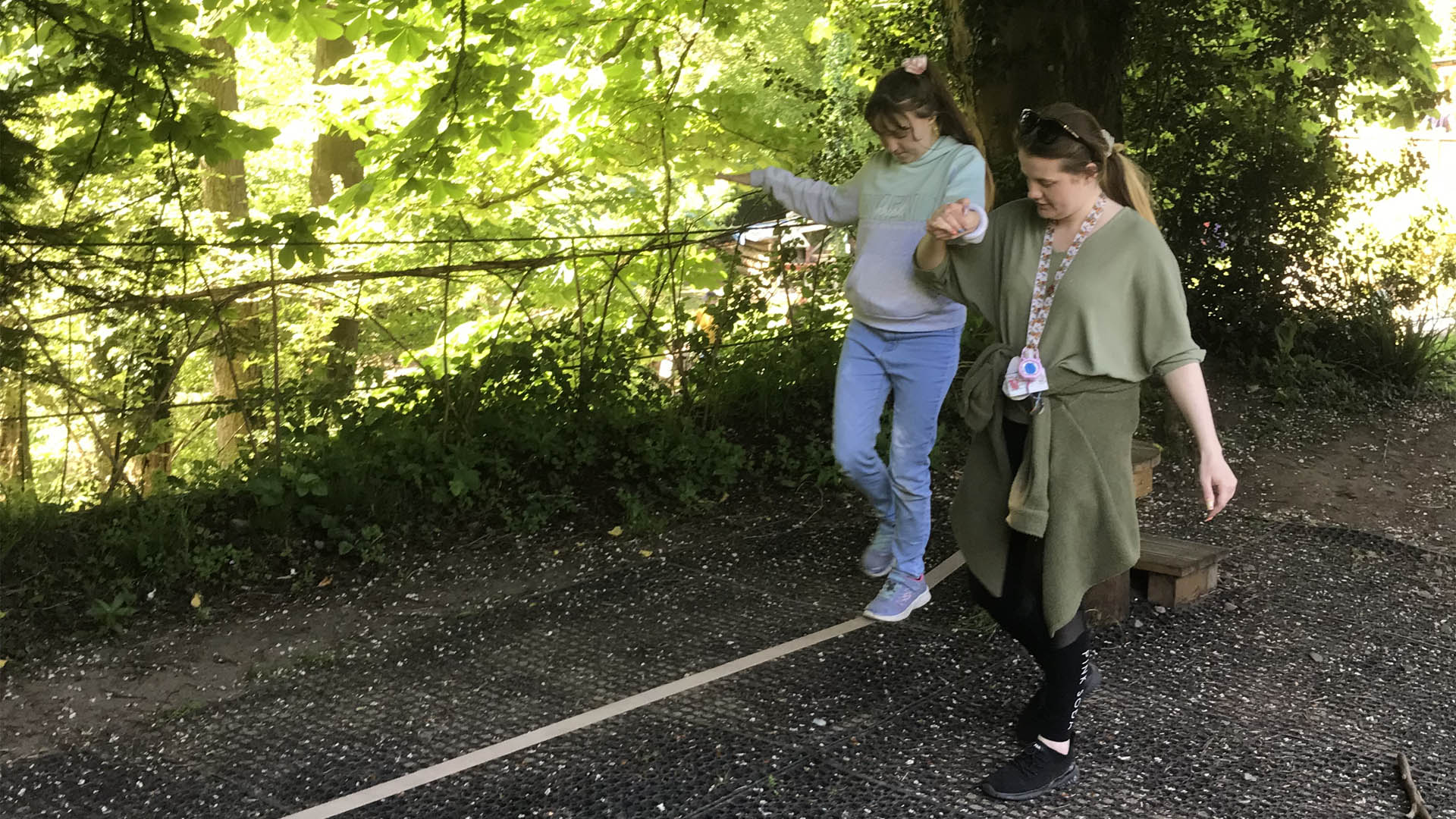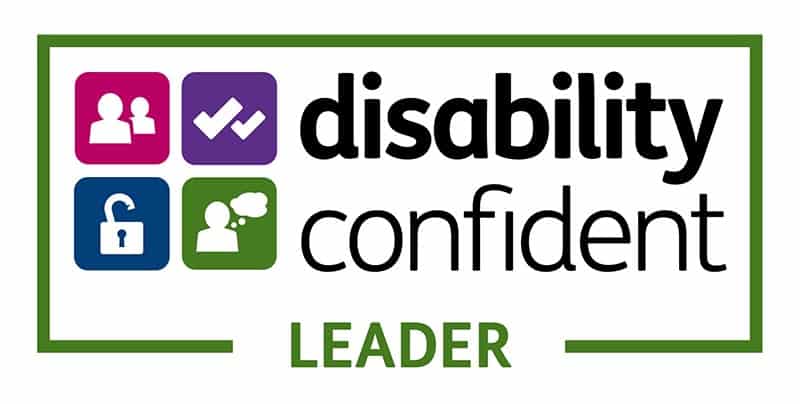
Whether your child has recently been diagnosed or is in the process of being diagnosed, it is totally normal for them to face struggles – whether that is at school, socialising or doing daily activities. There is still a stigma around Disabled children being naughty or disruptive, when in reality they have different needs and requirements that their environment may not be meeting. It can be complex and take a lot of time to get sufficient help, but you and many other parents and carers are in the same position. We understand that handling your child’s needs can be tricky and you just want to look out for your child and help them live the life that they choose.
Whenever you are ready, there is a whole range of support and resources available to help you navigate these situations so you and your child don’t have to struggle in silence.
From Disabled People’s Organisations like WECIL to other organisations and areas of support like Flora and the SENDIASS (Special Educational Needs and Disabilities, Information Advice and Support Service), discover the specialists we recommend that can support and offer non-judgemental advice for you and your child – whether you are worried about health, education, benefits, socialising or anything else, we’re here to help.
Health and general support
There are many great organisations available that you can go to for general support for you and your child. Some organisations are national whilst others are local organisations that can help you access the support available in your specific region. Either way, if you have any general concerns or need directing to specialist professionals, get in touch with these contacts – all questions are valid and they are experienced in helping many others in your position every day!
WECIL’s Navigators service is a brilliant first port of call to direct you to the right place for support. They understand that accessing the right services can be confusing, which is why the team is specifically there to help you understand how WECIL and other organisations can help you and point you to the right place. You can contact them on 0117 947 9919 or email at [email protected].
For social care advice and to find out what is available in your local community, we recommend getting in contact with FLORA (Families, Local Offer, Resources and Advice). FLORA are part of the Disabled Children’s Service at Bristol City Council and the team provides information and advice for children and young people with additional needs and their parents and carers, and they will have the details of other organisations specific to your situation that you might find useful. As an advice service they are able to support families on whatever issues, challenges or barriers they are facing. For more information, email [email protected] with your name and phone number. The team will contact you within 5 working days. You can also call FLORA on 0117 352 6020. They’re open:
- Monday, 8:30am to 5pm
- Tuesday, 8:30am to 5pm
- Wednesday, 10:30am to 8pm
- Thursday, 8:30am to 5pm
- Friday, 8:30am to 4:30pm
For more general information and signposting, you can also visit Bristol’s SEND Local Offer provided by Bristol City Council which outlines available advice for parents and carers of children and young people with special educational needs and disabilities.

Educational support
Once a child is identified as having special educational needs, they may need to go through an Education Health Care (EHC) assessment, which results in an Education Health Care Plan (EHCP) plan. These plans outline the care and support that your child is legally entitled to, and schools have to adhere to this. Unfortunately, the system is complicated and there can be a long backlog in getting these reviewed, or you might have been passed between organisations when trying to get the right help. But even without an EHCP plan or whilst you wait, there are ways you can get support for your child.
Mainstream schools are not designed for Disabled children and young people. If your child is struggling or misbehaving, it is not their fault or your parenting. To help them get the support that they really need, we recommend speaking to Send and You who deliver the SENDIASS(Special Education Needs and Disabilities, Information and Advice Support Service). Previously known as Supportive Parents, they have been providing advice, guidance and support for Disabled children and young people for 30 years. They service the Bristol, North Somerset and South Gloucestershire local authorities, with a vision to empower children, young people and their parents to play an active and informed role in their or their child’s education and in their preparation for adult life.
The team at Send and You offer free, confidential and impartial information online, face to face and over the telephone. They offer support with educational issues, special educational provision and can help you understand and deal with complex legal processes like Education Health and Care Plans (EHCP), appeals, exclusions and complaints. From helping address your earliest concerns and ensuring you feel listened to, to advice on what to do when things have gone wrong or signposting toward additional advice, groups and services, this organisation is a fantastic place to go for support. Whether your child is in nursery, school or college, support is available to make sure they get the education that they need and deserve. You can contact them on 0117 9897725 and visit their website for more information.

Benefits and entitlements
To find out about the benefits that you and your child are entitled to, our Navigators service provides speciality Disability related benefits advice. We understand that knowing the support you’re entitled to as a parent or young person can be confusing, and the Navigators advisors will give you the information and support you need. They also partner with a number of agencies across the region to signpost you towards all the support you need. Your child can use their Disability benefits to help them live the life they choose, including extra curricular activities and opportunities. To find out about the support available, contact the Navigators here.
Short breaks play and family support.
For parents, short breaks are short drop off or family sessions that are usually 2-6 hours long, designed to give parents and carers a break – is an opportunity to go for coffee with friends, catch up on household chores or do those things you don’t find the time to do whilst looking after your child. At the same time, it’s a fantastic chance for the child to try something new, build friendships, integrate with their peers and do fun and rewarding activities. WECIL’s Children and Young People department offer short breaks in Bristol and BANES where Disabled and SEND children get together for regular evening or weekend sessions. These include regular venue based sessions out and about in the community, such as the cinema or zoo. We offer a range of specialist groups for Youth, Play, Autism, BAME, Complex Needs and Sensory Impairments – please get in touch to discuss and see what we can do to support you and your family.
There are also lots of other short break opportunities available in each local area. For more information on what is available in your local area you can have a look at the local offer (which is a website designed by the local authority to specifically support families with a Disabled Child):

Summary
If your child or family is struggling at home or at school, going through a diagnosis or has already been diagnosed, you’re not alone. You can use the range of information and advice available to advocate in the best way possible for your child and help them to live the life they choose. These organisations are brilliant points of contact to ensure you get the best support for you and your situation, and they always offer non judgemental and specialist advice. Don’t struggle in silence, stay informed and ensure that your child is receiving the support they need for a fulfilling life both in and out of the classroom.



